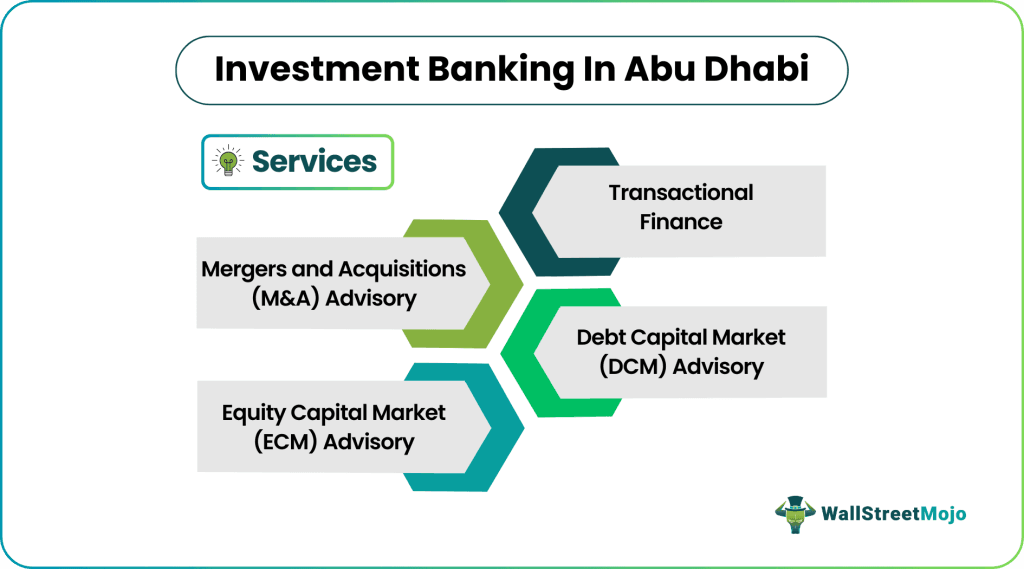Arqaam Capital is stepping up its equity capital markets, debt capital markets, and loan syndication operations in response to an upswing in transaction volume across Saudi Arabia and the UAE, positioning itself as a more prominent regional player.
The Dubai‑based financial services firm, with licenced offices in the UAE, Saudi Arabia, Egypt and Lebanon, has secured permissions in the Kingdom of Saudi Arabia to advise on ECM mandates. Rawad Kassouf, Head of ECM Execution & Syndicate, noted that the Saudi team is undergoing expansion and actively leveraging a 27‑strong research analyst base to deepen research capabilities and strengthen regional and international distribution for issuers.
Arqaam, originally a sales and trading brokerage, entered the ECM arena by managing the Dubai Holding REIT as a joint bookrunner. Kassouf, who joined from ADCB in August 2024 to spearhead ECM expansion, said, “We’re getting deals from the UAE, Saudi Arabia and Oman, and we expect to advise on more ECM transactions by year end”. He anticipates increasing activity in Saudi listings, particularly from industrial and real estate sectors driven by large family-owned businesses seeking to list on Tadawul.
Expansion across the debt-markets is being led by Omar Musharraf, newly appointed Managing Director of Debt Solutions and DCM. Musharraf joined less than two months ago from Oman Investment Bank, where he headed structured finance and DCM. At Arqaam, he is tasked with growing the debt platform by anchoring flow business in DCM and loan syndications, as well as higher‑margin structured finance and private credit.
GCC debt capital markets had outstanding debt exceeding US$1 trillion by end‑Q1 2025, rising 10 % year‑on‑year, with quarterly issuance hitting US$89 billion—a modest 3 % year‑on‑year decline despite quarterly growth. Musharraf remarked on the sophistication of issuances and tighter pricing, increasing competition and compressing fees: “Value creation now hinges on structuring complexity and execution”.
By year‑end, Musharraf expects a full debt solutions strategy supported by new fixed‑income analysts added to the research team. Arqaam has already supported key transactions, such as the Sobha deal, and is involved in several additional corporate, financial institution, and sovereign debt transactions, also evaluating private credit opportunities.
The firm is staging its DCM expansion prudently, targeting high‑quality credit issuers—government‑linked entities or private sector firms aligned with regional priorities, including oil and gas. It is also aiming to tap deeper into sukuk markets and Additional Tier 1 issuances across Saudi and the UAE.
New regulatory standards are catching attention: AAOIFI’s Standard 62 introduces potential complexities to sukuk issuance, prompting careful monitoring by Arqaam.
Forecasts indicate around US$35 billion of debt refinancing across the GCC in 2025–26, driven by sovereign and corporate maturities as well as infrastructure financing and economic diversification strategies. Musharraf commented, “Debt refinancing alone will keep us active, with a significant volume of sovereign, corporate and FI maturities on the horizon,” alongside new issuances from regional and global players.
Kassouf highlights Oman as a potential growth market: an upgrade from frontier to emerging market status—possibly scheduled for next year—could attract increased foreign direct investment, re‑ratings and valuation boosts.
Despite the growth trajectory, both ECM and DCM businesses face pressures. Kassouf points to “tight fees and stiff competition,” especially in post-launch aftermarket performance, which requires a delicate equilibrium between issuer objectives and investor returns. Musharraf echoes this sentiment, acknowledging fee compression and the escalating demand for intricate structuring.
Arqaam is taking a strategic approach in response. The firm is intensifying recruitment across ECM and DCM, enhancing its research infrastructure to include fixed-income analysts and emphasising structuring capabilities that justify its advisory fees.
This expansion is underpinned by strong macroeconomic fundamentals in the Gulf region. Saudi Arabia—responsible for 45.1 % of GCC DCM outstanding—and the UAE, with Qatar, are at the forefront. ECM activity is gaining momentum, with growing participation from real estate conglomerates looking to diversify via public listings.
Government‑related entities are expected to fuel much of the pipeline in Q3 and Q4, though privately owned firms are increasingly opining on listing possibilities. Oman’s evolving market classification adds another source of upside, potentially drawing new players and capital.
Looking ahead, Arqaam Capital seems poised to navigate the complexities of Gulf capital markets with a reinforced advisory model, deeper research backing, and a dual‑track strategy across ECM and DCM. The firm is strategically augmenting its teams, refining product offerings, and tracking regulatory and market shifts to capitalise on Gulf investment flows while standing firm against competitive and pricing headwinds.

